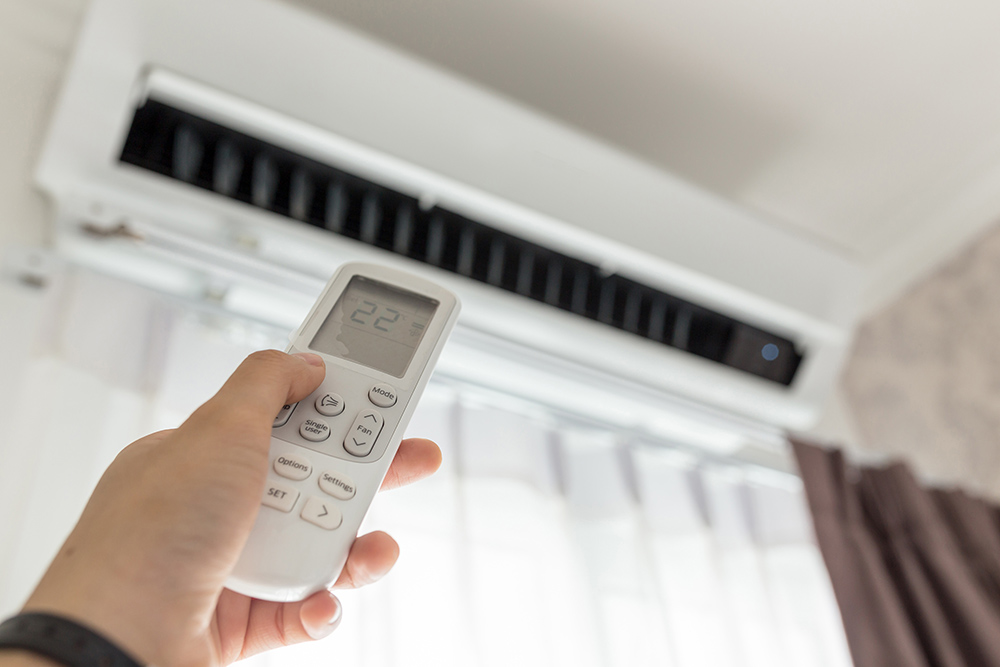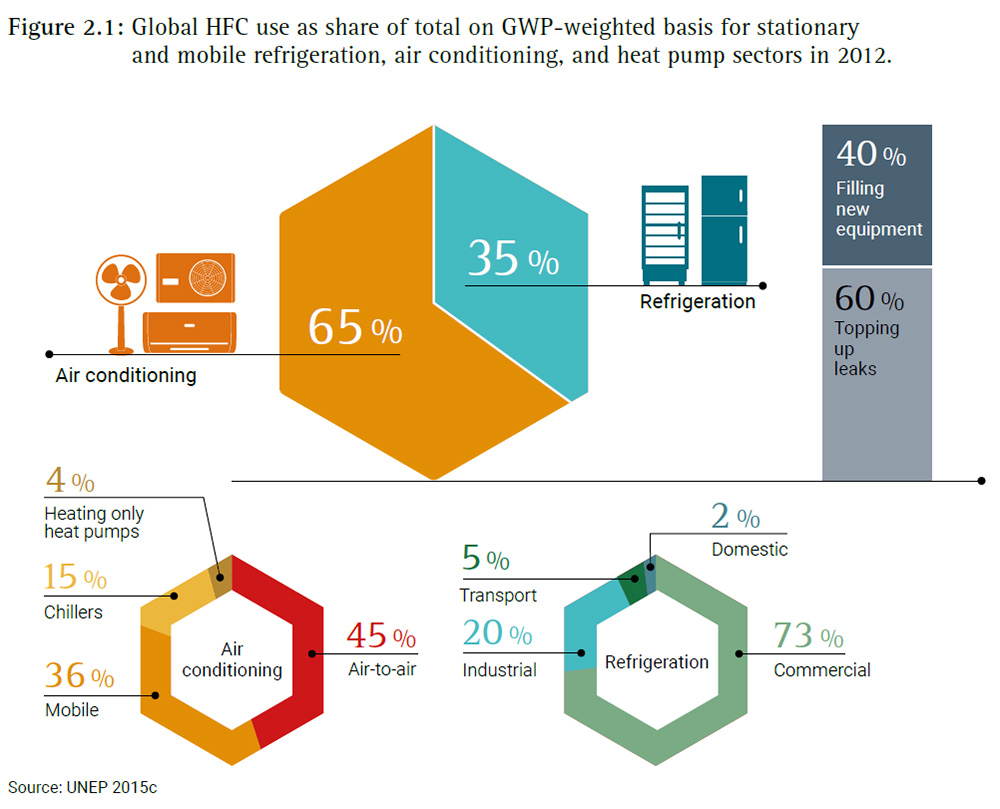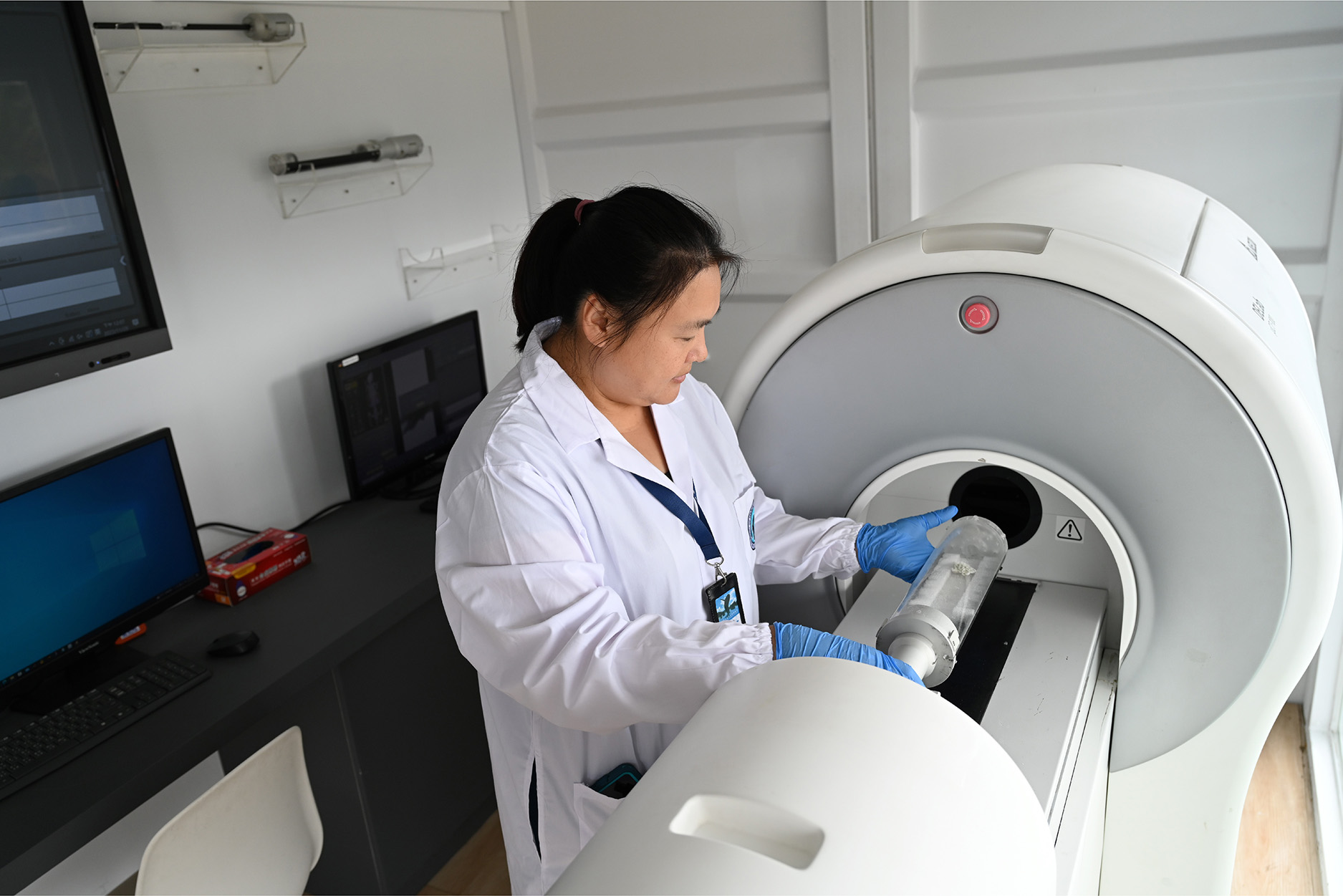
This summer had been a very hot one, and the air-conditioners had been on longer accordingly. This led to a bigger electricity bill as well as an increase in greenhouse gases emissions due to the electricity consumption of the air-conditioners, thus aggravating global warming, which in turn resulted in greater consumption of electricity because of longer hours of using air-conditioners. So, how can we avoid such vicious cycle?
The “Cooling Emissions and Policy Synthesis Report” released by the International Energy Agency (IEA) this year pointed out that if the current rate of carbon emissions does not change, it will lead to an increase of 3°C in global temperature and increasing demands for air conditioning systems. In addition, even though there are 3.6 billion units of air conditioning systems in use currently, there are still more than one billion people in need of air conditioners. In an increasingly warm future, these people will be at risk.
To cut down on carbon emissions from air conditioners, we can start from the refrigerant that contributes to global warming
If the air conditioners or cooling systems can be changed, it can meet most of the UN Sustainable Development Goals (SDGs). For example, providing refrigerating equipment to farmers allows them to deliver their produce that requires refrigeration to places of greater demand. This will prevent the produce from going bad and reduce the proportion of farmers who are financially disadvantaged.
Then, how are we going to reduce the greenhouse gas emissions from air conditioners? Firstly, start with the refrigerant. The Montreal Protocol drawn up earlier was aimed to substantially cut down on the global use of chlorofluorocarbons (CFCs), which are the substances responsible for ozone depletion, and instead use hydrofluorocarbons (HFCs) as the refrigerant. However, scientists later discovered that HFCs are powerful greenhouse gases! The global use of HFCs related to refrigeration accounted for approximately 86% when calculated based on the Global Warming Potential (GWP). 65% of the HFCs are used in air conditioners, and 35% in refrigeration appliances such as refrigerators.
Hence, the Kigali Amendment was passed in 2016 by the international community to phase out HFCs. IEA estimated that this could avoid up to 0.4°C of global warming in this century. At this moment, potential replacements of HFCs with lower impacts on global warming have been available (e.g. R32 refrigerant). These changes have been proven technically and economically feasible.
 65% of HFC refrigerants are used in air conditioners (Figure: Cooling Emissions and Policy Synthesis Report)
65% of HFC refrigerants are used in air conditioners (Figure: Cooling Emissions and Policy Synthesis Report)
As future demands will triple, we have to rely on higher efficiency cooling for mitigation
In addition to refrigerants, the electricity used by air conditioners and cooling systems indirectly results in carbon emissions. As global warming worsens nowadays, demands for air conditioners are rapidly increasing in every country. Energy demand for air conditioning systems more than tripled in 26 years (1990-2016). We can lower the electricity usage by raising the energy efficiency of air-conditioners. Experts predicted that in the coming four decades, if everyone uses highly efficient cooling systems, we will reduce approximately 4-8 years of the global greenhouse gas emissions (210-460 gigatons). We can also use new products and designs, replace old refrigeration and air conditioning equipment, or build more green buildings to reduce the demand for cooling. Moreover, regular maintenance and repair is required to enable electrical appliances to work with maximal efficiency.
Besides, air conditioning for the transportation sector also needs a serious revamp. The air conditioning systems in the global transportation means emit approximately 420 MtCO2e of greenhouse gases per year (approximately 70% from fuel combustion and 30% from refrigerants). Even though the number of trans-portation means is likely to increase continuously, IEA believes that there is still a chance for us to reduce the annual emissions by 20% through improving efficiency and switching to eco-friendly refrigerants.


















